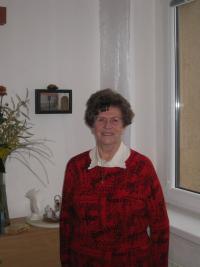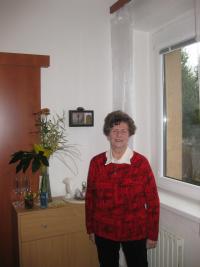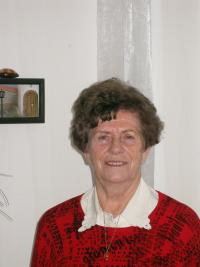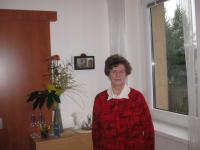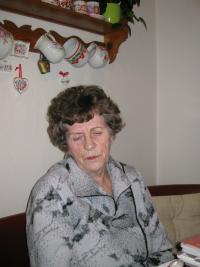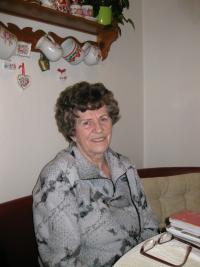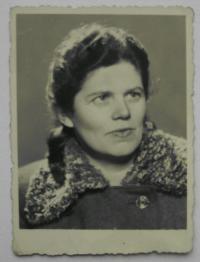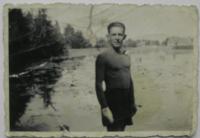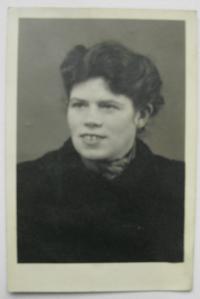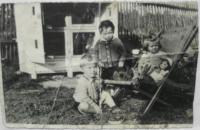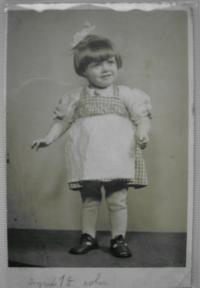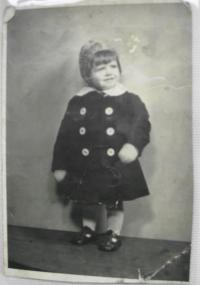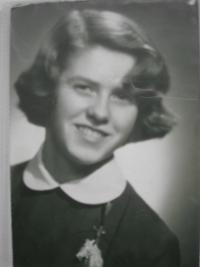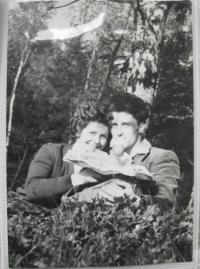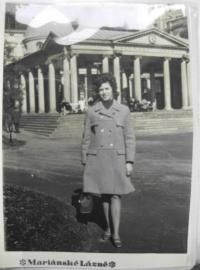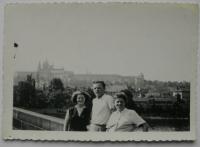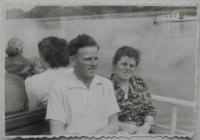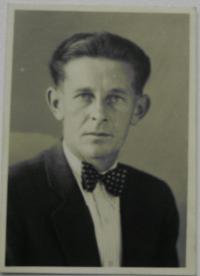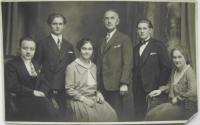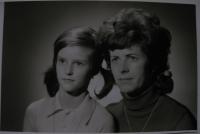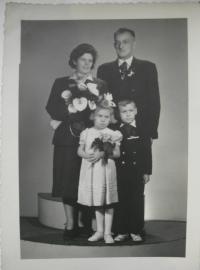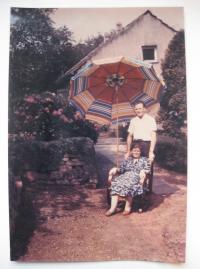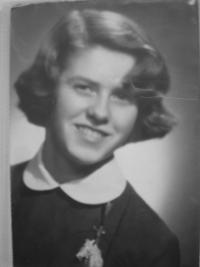Brothers got lost during fierce displacement

Download image
Mrs. Ingrid Petříková, née Hübnerová, was born on April 11, 1940 in Liberec-Vratislavice to German parents as the youngest of four siblings. The father fell during war at the Eastern front. A single mother then sent due to financial reasons her two elder sons, Jan and Erich, to their grandparents in Moravia; Ingrid and her older brother Paul lived with their mother in Vratislavice. The family spoke German. In summer 1945 Ingrid and her brother were selected to German inhabitants´ displacement. A Czech neighbour offered to marry the witness´ mother and managed to get her and her two children a permission to stay in Vratislavice. Both elder brothers of the witness, Jan and Erich, as well as grandparents from Moravia were displaced in summer 1945 - grandparents died during the moving out and the brothers got to Germany, but lost contact with their mother and siblings. The mother attempted a desperate suicide. The family managed to contact Erich more than ten years after the war, but they never found the brother Jan despite much effort. After finishing school Ingrid worked in Bytex in Vratislavice and married later. She raised two children with her husband, an air force officer. Mrs. Ingrid Petříková is a widow and during her pension works in Liberec theatre F. X. Šalda. She still lives in Liberec-Vratislavice.
